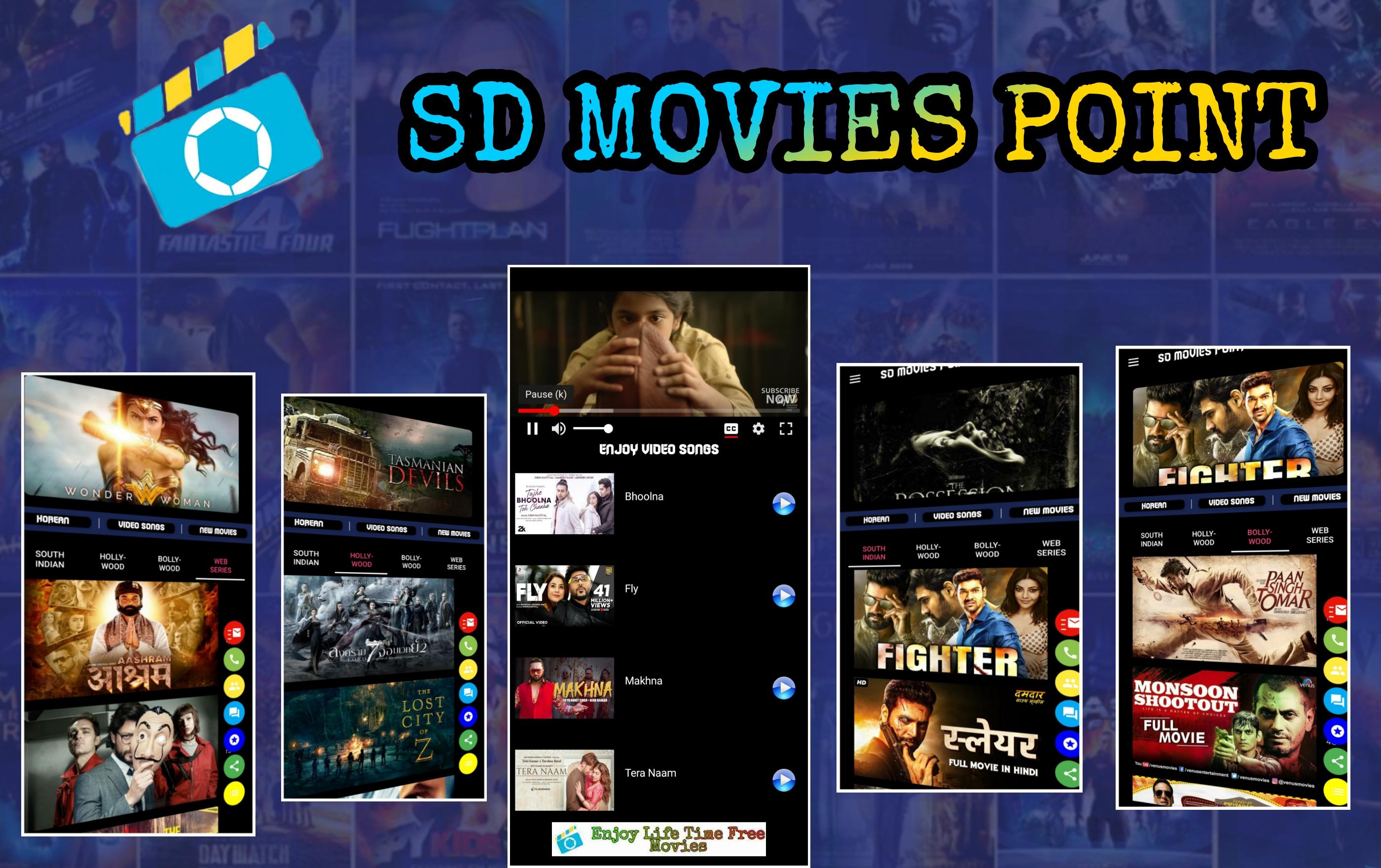Frustration On Google Search? Troubleshooting No Results & Fixing Errors
Do we truly grasp the vastness of the unknown, the sheer volume of information that slips through our grasp daily? The digital realm, a boundless ocean of data, often leaves us adrift, struggling to navigate the currents. We are constantly searching, seeking answers, yet frequently met with the frustrating echo of, "We did not find results." This phrase, a common lament of the modern age, underscores a fundamental truth: our ability to effectively access and utilize the information available to us is far from perfect. The search for knowledge, the quest for understanding, is an ongoing journey, one often riddled with obstacles and the frustrating realization of how much remains hidden, just out of reach.
The reality of search engines failing to yield results is a familiar experience for almost everyone today. It is a persistent reminder of the limitations inherent in our current methods of information retrieval. This is not simply a matter of technical glitches or poorly formulated queries; it is a symptom of a more complex issue. The issue is the very architecture of the internet and how it structures, organizes, and renders the available data. The inability to find specific information, the constant need to "Check spelling or type a new query," highlights the challenges we face in a world overflowing with information. The digital landscape, for all its promises of accessibility and connectivity, can often feel like an isolating labyrinth, where vital clues are buried beneath layers of complexity.
Why does this happen? The reasons are numerous and complex, ranging from the nuances of language to the intricacies of search algorithms. The first and most common cause is indeed, the user error itself. It can be as simple as a typographical error, or it can be an incorrect interpretation of the information. The other factors can be based on the limitations of search engine technology. The engines rely on algorithms, and the technology behind these algorithms is imperfect, and always changing. These algorithms are designed to index and retrieve information from a vast array of sources, but there is a constant game of catchup in this dynamic environment.
The problem can also come from the data itself. Much of the information that exists online has no structure, is poorly written, or is not readily accessible to search engines. This lack of consistency and standardization contributes to the challenges we face in finding what we seek. Moreover, the very nature of the internet, as a dynamic and constantly evolving entity, poses continuous challenges for search engines. New content is created at an astounding rate, old content is removed, and websites change their structure, all of which contributes to the ever-present challenges of information retrieval.
The phrase "Check spelling or type a new query" has thus, become a familiar refrain. It is a prompt, an immediate suggestion, of what we need to do when our initial attempts at finding information are unsuccessful. This simple suggestion is an acknowledgment that we are not always successful in our search. It is a reminder that the information landscape is a dynamic and complex one. To be successful in our information gathering efforts, we must be prepared to constantly refine our search strategies, and to adapt to the changing nature of the digital world.
In the broader context, the inability to find the desired information raises important questions about the nature of knowledge, its accessibility, and the challenges we face in the digital age. It underscores the need for improved search methodologies, the development of more sophisticated algorithms, and a greater awareness of the intricacies of information retrieval. The phrase "We did not find results" is a call to action, an invitation to explore the limitations of our current tools, and to develop new ways of navigating the complex world of information. It is an invitation to understand why some queries, no matter how carefully crafted, consistently fall short of the mark, and what we can do to improve this.
This continuous struggle for accurate information is, in itself, a reflection of our ever-evolving relationship with the digital world. As the internet continues to grow and change, so too must our approaches to information gathering. We must be prepared to adapt, to experiment, and to embrace new technologies in order to successfully navigate the ever-changing information landscape. It is only through such continuous efforts that we can hope to overcome the challenges and the frustrations that come with the persistent echo of "We did not find results." It is a challenge, but one we must accept if we are to fully harness the potential of the digital world and to access the knowledge that lies within.
Furthermore, consider the implications for education and critical thinking. In an era where misinformation abounds and narratives are constantly contested, the ability to find reliable sources and verify information is more critical than ever. The repeated experience of searching in vain can erode trust in digital sources and undermine our ability to form informed opinions. This lack of successful searches necessitates critical evaluation, forcing us to question the sources and the information provided to us. Developing skills in information literacy, from critical thinking to the art of evaluating sources, is no longer a luxury, but a necessity.
Beyond the individual user, the struggles to find search results have implications for society as a whole. This affects the collective accumulation of knowledge and the creation of new ideas. It underscores the critical importance of developing more sophisticated and user-friendly search tools. Furthermore, it highlights the need for greater transparency and accountability in the design and implementation of search algorithms. This is particularly relevant when considering the impact on social equality. In many cases, access to information and the ability to find it are unequal, based on geography, socioeconomic factors, and education. Addressing these disparities is essential for ensuring that all individuals have equal access to the information they need to thrive.
The problem of limited search results demands our attention, both individually and collectively. It is a reminder of the complexity of information, the limitations of our current tools, and the need for continued progress in information retrieval. From the individual's search query to the broader societal implications, this experience has significance in the context of the world we live in. We must take note of the issues and develop strategies to overcome the issues with information retrieval. The constant echo of "We did not find results" serves as a catalyst for innovation and a challenge to improve the ways in which we navigate the vast digital world.

sd movies point qismat 2 Katharyn Ezell

Exploring SD Movies Point 2024 A Comprehensive Guide To Entertainment

SD MOVIES POINT FREE HD MOVIES DOWNLOAD